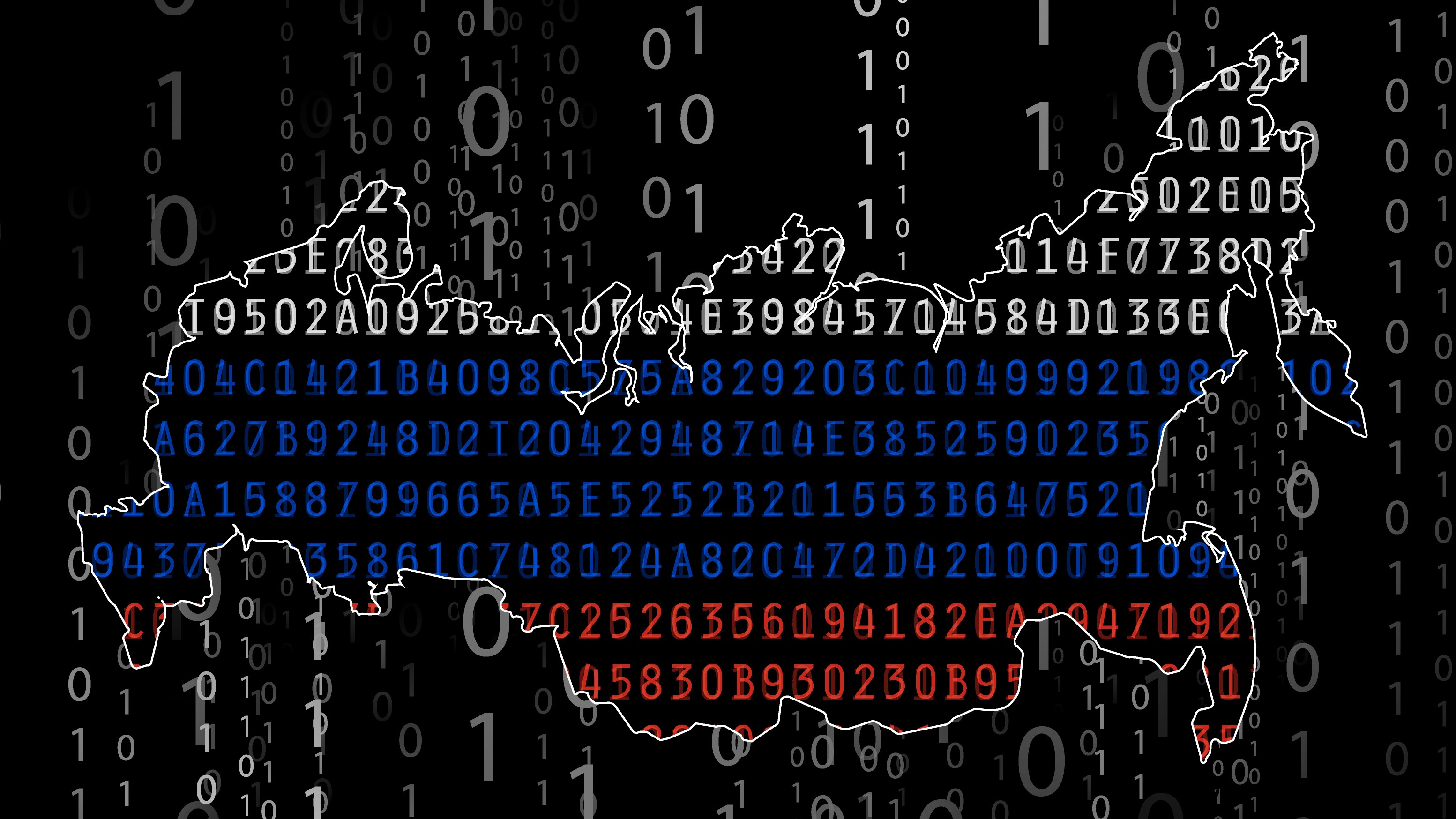Russia launches AI monitoring tool Oculus to beef up its censorship machine
Oculus comes as a means to cope with an "avalanche-like" growth of material deemed as dangerous

Sign up for breaking news, reviews, opinion, top tech deals, and more.
You are now subscribed
Your newsletter sign-up was successful
Russia's censors have just launched a new AI-system to make the process of scraping the internet for photo and video content deemed as illegal even faster.
Known as Oculus, the automated system was introduced by the Main Radio Frequency Center, an entity overseen by Russia’s federal censorship agency Roskomnadzor.
It comes as a means to cope with an "avalanche-like" growth of material violating Russian laws. These span from LGBTQ and gambling content to mentions of the conflict in Ukraine as a war.
Over 100,000 resources were blocked in 2022, compared to around 7,000 during the previous year.
This, alongside Russia's notorious internet surveillance, makes the use of a privacy software like VPN services even more necessary if you live in or travel to Russia anytime soon.
A new censor assistant
The fact that the Kremlin keeps a strict grip on what citizens can access and share online is nothing new. Roskomnadzor has been filling a centralized internet blacklist since 2012 with URLs, domain names and IP addresses deemed as illegal.
However, over the last year the content violating the Russian law saw a steep increase. This isn't that surprising either, as any mention of the war in Ukraine is actually forbidden by law.
Sign up to the TechRadar Pro newsletter to get all the top news, opinion, features and guidance your business needs to succeed!
"The dynamics of the detected number of violations demonstrates an avalanche-like growth of stuffing for all types of prohibited information. All this shows the importance of a detailed analysis of information attacks in graphic content and the possibilities of countering them," said the Center, the Russian news agency Interfax reported.
As the censor unit explained, Oculus will make this process more efficient as it can recognize illegal images, symbols, scenes and even text by simply analyzing images and videos.
It "automatically detects violations such as extremism, calls for illegal assemblies, suicide, content that promotes drugs, LGBT propaganda and more."
To get a rough idea, before the system was introduced each employee was used to reviewing over 200 pieces of content between images and videos per day.
Oculus will be able to analyze something like 200,000 images instead, an average of three seconds per picture or video.
The Kremlin invested 57.7 million rubles (about $783,000) to develop the system, starting off in September 2021. This was then first tested out in December last year and now it appears to be operating at full force. However, developers will continue improving its functionalities until 2025.
Last November, Cyberpartisans (a Belarusian hacker group) gave a glimpse into Russia censorship tactics. The group managed to hack an internal network used by the Center and download over two terabytes of sensitive documents.
Among other revelations on how censors operate, the leak showed evidence of Russian authorities training Oculus to find undesirable depictions of Putin across the web.


Chiara is a multimedia journalist committed to covering stories to help promote the rights and denounce the abuses of the digital side of life – wherever cybersecurity, markets, and politics tangle up. She believes an open, uncensored, and private internet is a basic human need and wants to use her knowledge of VPNs to help readers take back control. She writes news, interviews, and analysis on data privacy, online censorship, digital rights, tech policies, and security software, with a special focus on VPNs, for TechRadar and TechRadar Pro. Got a story, tip-off, or something tech-interesting to say? Reach out to chiara.castro@futurenet.com